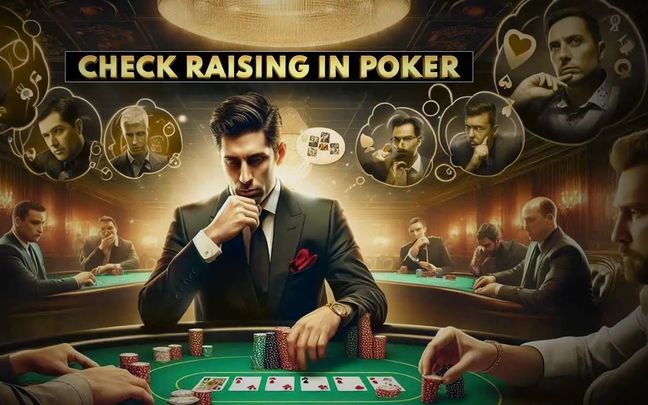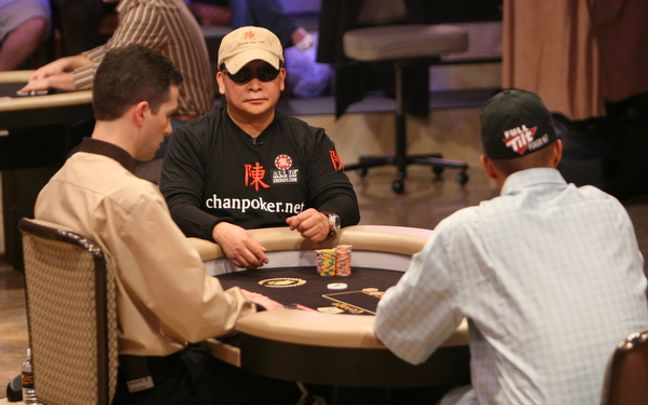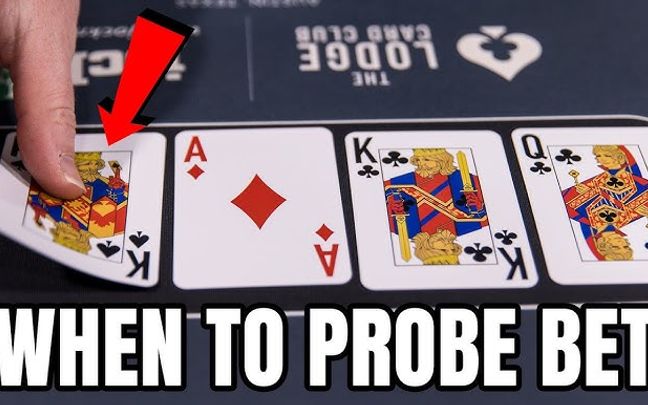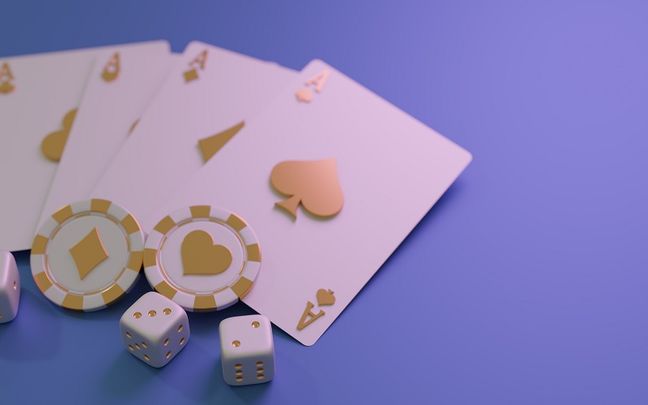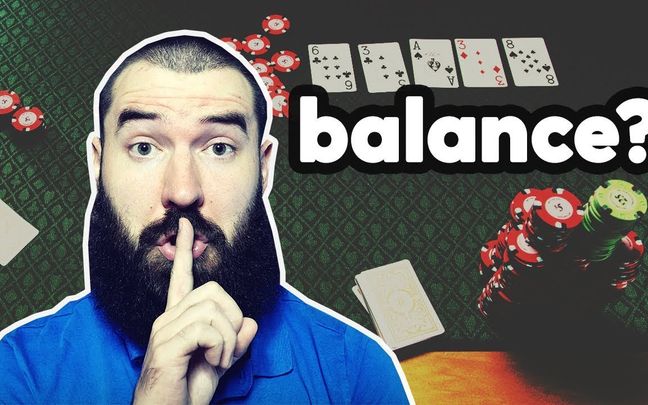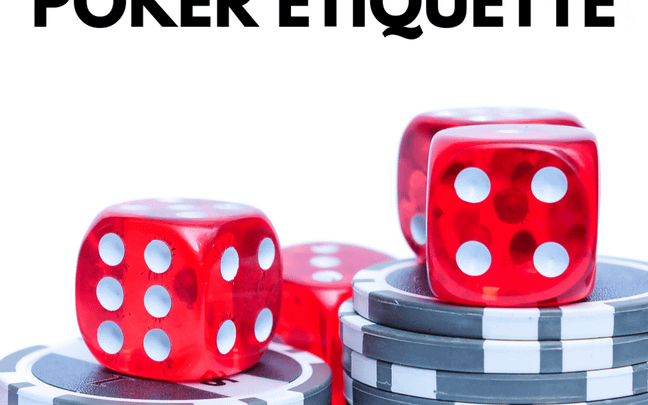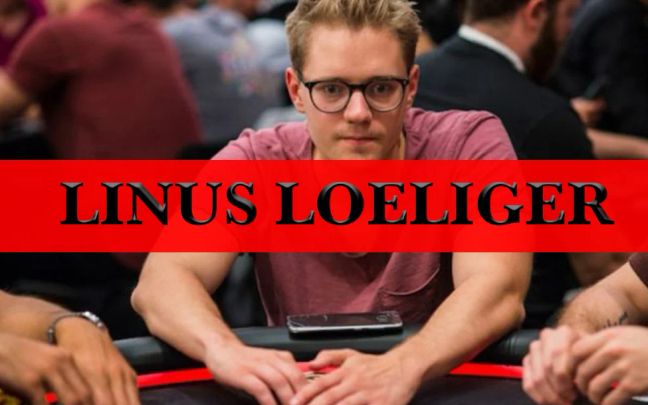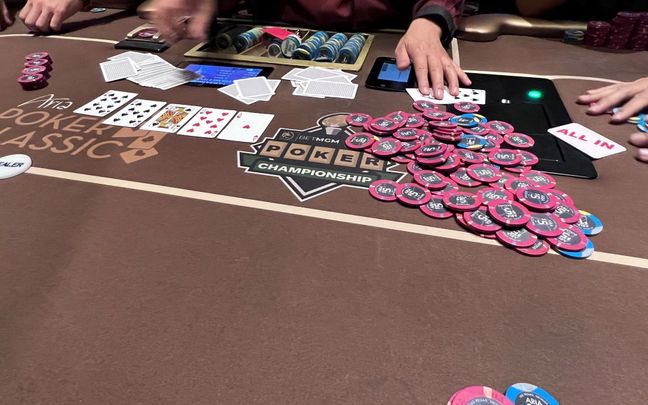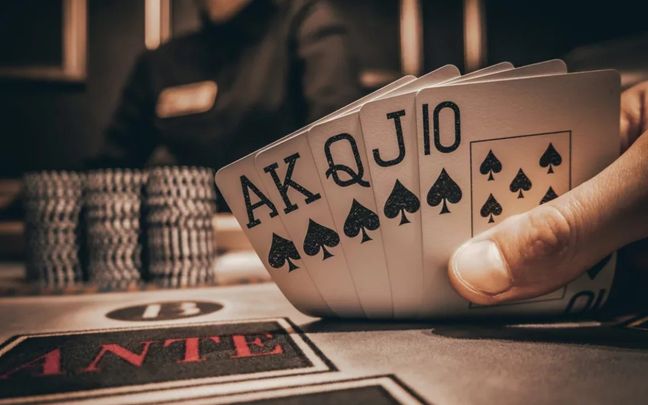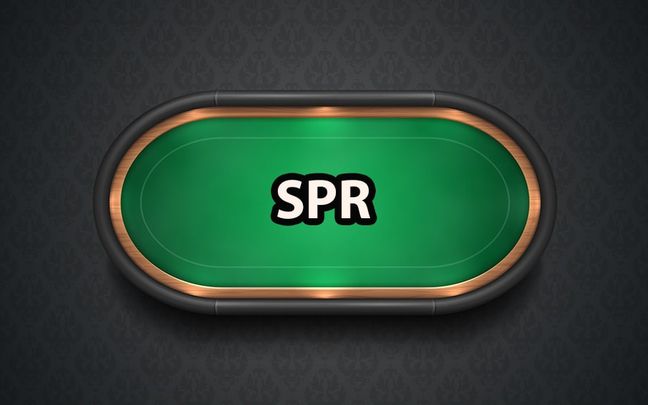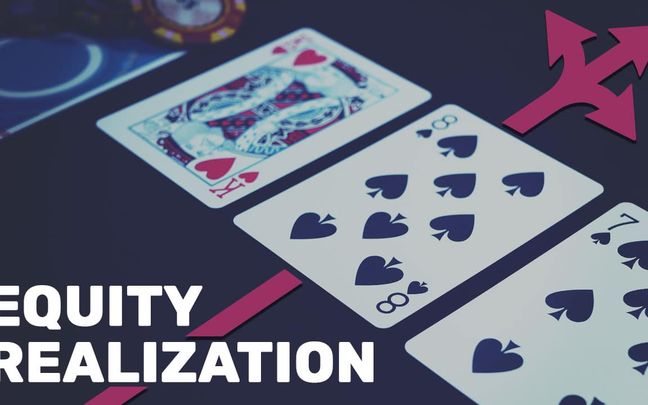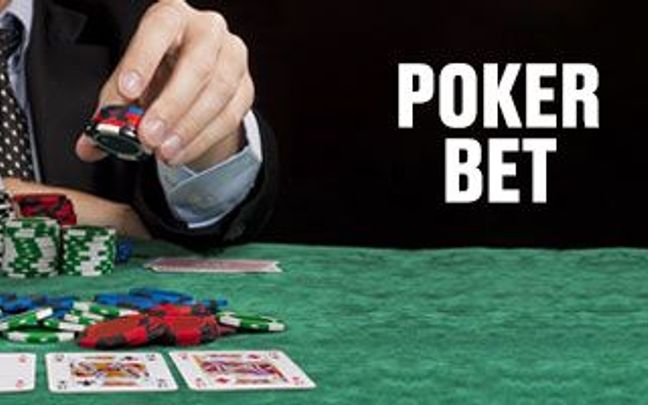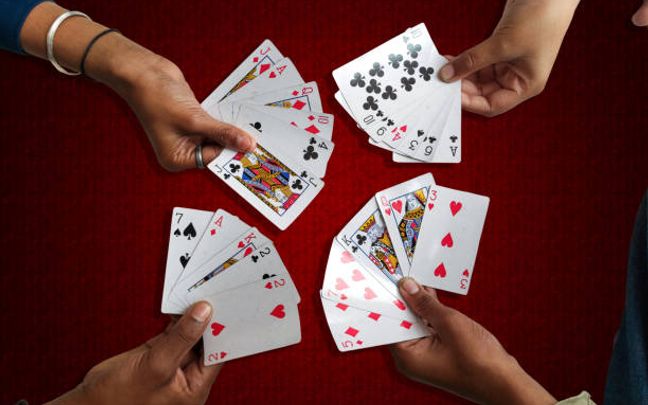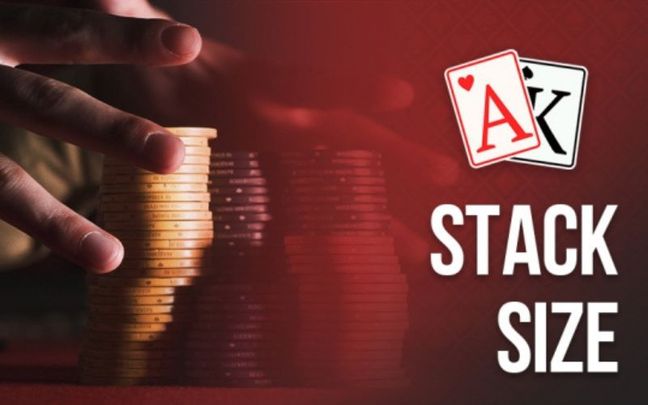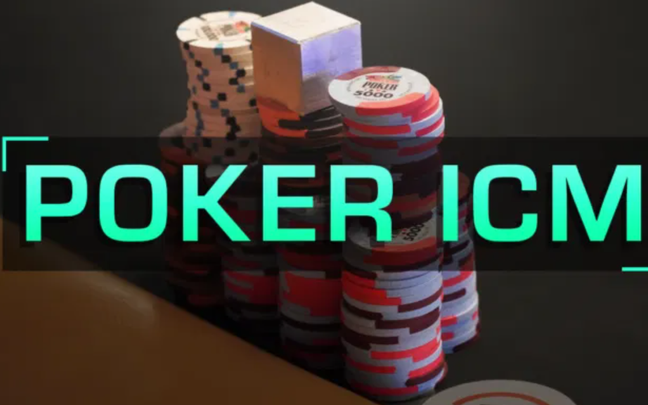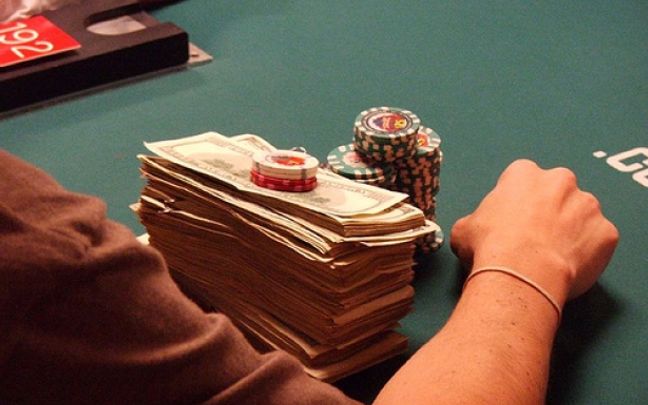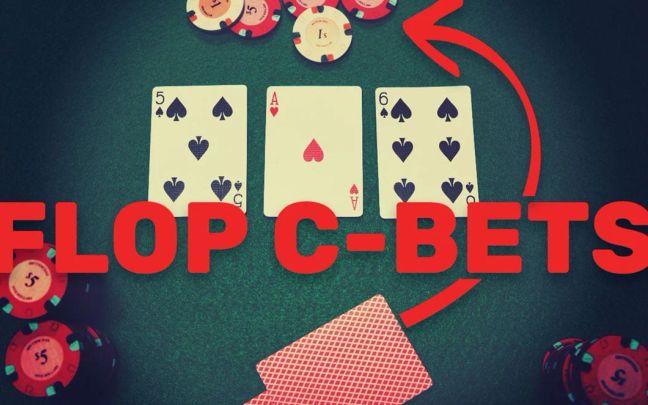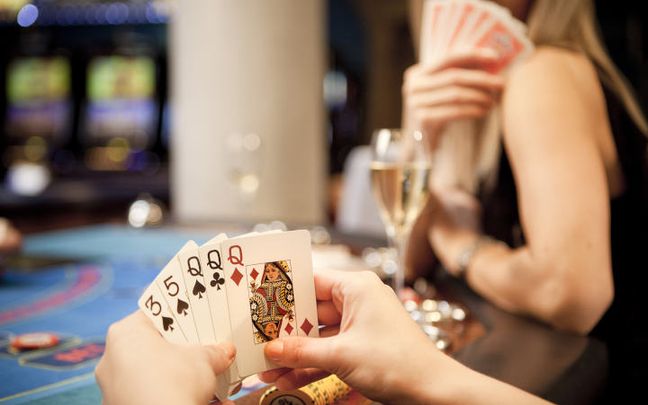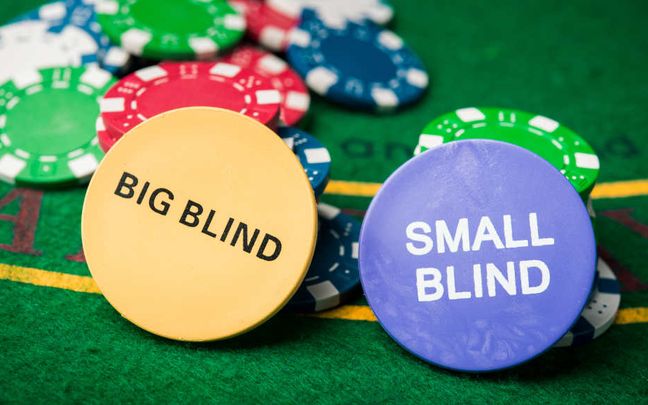In the world of poker, the concept of "Equity" plays a crucial role as a guiding map to success. Defined as the probability of a hand winning in a specific situation, Equity not only helps you assess the strength of your hand but also influences every decision you make in the game. This article will delve deeper into this important concept in poker and how to apply it to maximize your advantage at the table.
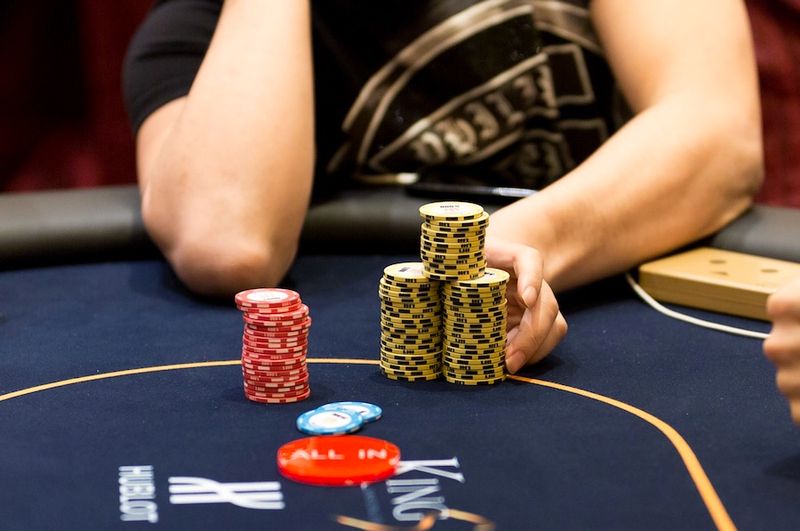
Definition of Equity and Expected Value (EV) in Poker
Equity in poker is the percentage probability that your hand will win in a given situation, based on the current cards and community cards. Equity is typically calculated to evaluate the correctness of betting or calling a bet.
Expected Value (EV) in poker is calculated based on the combination of Equity and the sizes of the bets. EV represents the average amount of money you can expect to gain or lose from a particular decision. If EV is positive, the decision is profitable; if EV is negative, the decision will lead to an average loss.
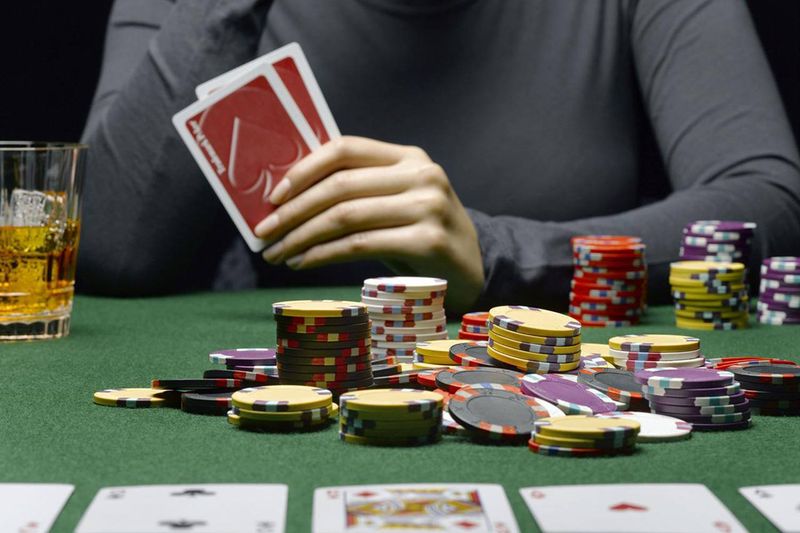
The Relationship Between Equity and Expected Value
The relationship between Equity and Expected Value (EV) in poker is closely intertwined. Equity provides the probability of success of a hand in a specific situation, giving you an insight into your chances of winning compared to your opponent, based on available information.
EV (Expected Value) is a mathematical concept used to measure the average value of a poker decision. It reflects the average amount of money you can expect to gain or lose based on Equity, bet sizes, and win probabilities.
Equity is an essential component in calculating EV. Knowing your hand's Equity allows you to compute the expected value of various actions, such as betting, calling, or folding. By considering Equity and combining it with bet sizes, you can make profitable decisions based on EV calculations, optimizing your gains while playing poker.

The Importance of Equity and EV
Equity and Expected Value (EV) are not just theoretical concepts in poker; they are crucial tools that help you make smart and effective decisions. Here’s a closer look at their importance:
Equity in Poker
Determining Winning Chances: Equity represents the probability that your hand will win in a specific situation. This allows you to assess your hand's strength against your opponent's hand and calculate your final winning probability.
Guiding Decisions: Knowing your hand's Equity helps you decide whether to continue betting or fold based on the likelihood of success. For example, if you have a high Equity hand, you might consider placing a larger bet to force your opponent to fold or call.
Bluffing and Misleading Opponents: Understanding Equity also helps you optimize your bluffs. By playing a high Equity hand effectively, you can create impressions and make your opponents misjudge your hand's strength.
Expected Value (EV) in Poker
Tool for Evaluating Decisions: EV is a critical mathematical tool for assessing the correctness of each decision. It reflects the average amount you can expect to win or lose based on the combination of Equity and bet sizes.
Optimizing Decisions: Calculating EV helps you determine whether a decision is worth making. A positive EV indicates a mathematically profitable choice, while a negative EV suggests that the decision may lead to an average loss.
Developing Skills and Strategy: Understanding EV enhances your ability to calculate and develop poker strategies. This is key to advancing and achieving long-term success.
In summary, equity and EV are two fundamental but extremely important concepts in poker. Understanding and applying them correctly helps you make smart decisions and maximize your benefits in each hand. The combination of knowledge about equity and the ability to calculate EV is the key to success in a poker career.

Example of the Relationship Between Equity and EV
Suppose you're playing Texas Hold'em and you have a hand with 60% Equity to win, and your opponent bets $100 into a pot of $200. Let’s examine the relationship between Equity and EV.
Equity: You have a 60% chance to win this hand with your current cards.
EV: To calculate the EV of calling the opponent’s $100 bet:
-
If you call, the total pot will be $400 ($200 initial pot + $100 from you + $100 from the opponent).
-
EV is calculated using the formula: EV = (Probability of Winning × Pot Value) - (Probability of Losing × Bet Amount).
-
With 60% Equity, your EV calculation is: 0.6 × 400 - 0.4 × 100 = 240 - 40 = $200.
This means that if you call the opponent’s $100 bet, you can expect to gain $200 on average from that decision, based on your win probability and the pot size. A positive EV indicates that this is a profitable decision based on Equity and bet size.
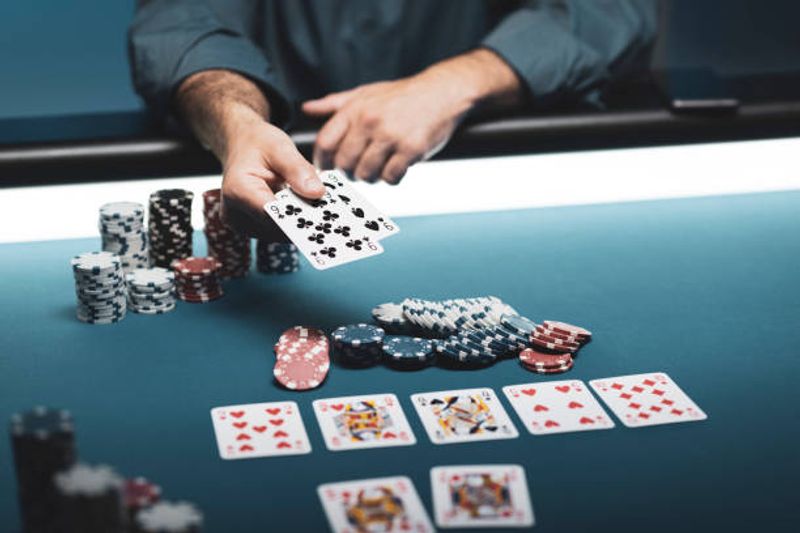
Common Misconceptions About Equity and EV
Here are some common misconceptions about Equity and EV in poker.
Misconception About Equity Accuracy
Players often mistakenly believe that Equity is certain and the final determinant. In reality, Equity is only a probability based on the current hand and community cards and does not guarantee the final outcome due to poker’s inherent randomness.
Incomplete EV Assessment
Players may fail to fully calculate EV when making decisions. They might overlook the opponent's bet size and how it affects the calculation.
Over-Reliance on Equity in Complex Situations
In complex situations, Equity calculations may not fully reflect the success probability of a decision due to additional factors like opponent tendencies and psychological aspects.
Ignoring Risk and Reward
Some players might underestimate or fail to properly assess the risk and reward when calculating EV, leading to suboptimal decisions.
Relying on Gut Feeling Instead of Mathematical Calculations
Sometimes, players rely too much on personal intuition and experience rather than mathematical calculations like EV to make decisions.
These misconceptions can lead to suboptimal poker decisions and reduce long-term success.

In summary, Equity is not just a theoretical concept but an essential tool for enhancing your poker skills and achieving success. By understanding and accurately applying Equity, you can make smarter decisions, optimize your gains, and achieve better results in your poker career.
